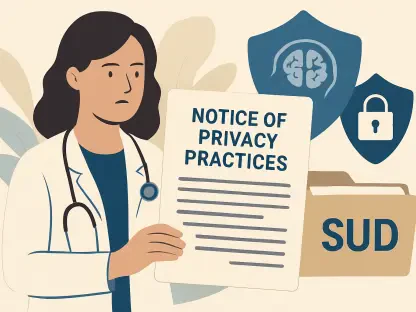In a shocking case that has captured the attention of many, four individuals recently appeared at the Motherwell Magistrate’s Court in Gqeberha, accused of committing murders tied to insurance payout schemes. This case has posed an unsettling question: are financial incentives driving people to murder? The accused, aged between 27 and 32, face serious allegations. They are accused of orchestrating the shooting of a municipal employee from Nelson Mandela Metro, who had one of the suspects listed as a beneficiary on her insurance policies. The initial attack in April left the victim blind, but the violence did not end there. Another attack occurred on October 9, claiming the lives of two people, including a family member and one suspect’s boyfriend, among the six individuals present at the scene. Could financial gain really be the primary motivator behind such heinous acts?
A Closer Look at the Case
According to Luxolo Tyali, the regional spokesperson for the National Prosecuting Authority (NPA), police investigations have revealed a disturbing undercurrent motivating these crimes. The potential financial benefits from insurance claims appear to have driven the accused to commit such heinous acts. The alleged mastermind behind these tragic events is identified as Siphokazi Mabuto. She is accused of orchestrating the attacks on her own aunt, Kholelwa Mabuto, who had Siphokazi listed as a beneficiary on her insurance policies. The financial windfall from insurance claims loomed as a tempting opportunity, so much so that the accused were willing to go to extreme lengths to realize it.
In a court of law, the four suspects have abandoned their bids for bail, indicating the severity of the charges they face and the weight of the evidence against them. This abandonment casts a revealing spotlight on the degree to which these actions were premeditated and merciless, driven by a ruthless quest for monetary gain. Siphokazi Mabuto’s involvement underscores a disheartening possibility: that familial bonds and human decency could be cast aside for the lure of financial rewards. While the judicial process is ongoing, the depth of the investigation aims to unravel further motivations and actions taken by these individuals, painting a clearer picture of how misguided incentives can lead to dire outcomes.
The Implications of Financially Motivated Crimes
This case shines a glaring light on a broader, deeply disturbing trend where individuals exploit insurance policies for personal gain, even resorting to murder. The potentially vast payouts associated with life insurance policies can serve as a substantial motivation for people in dire financial straits or those driven by greed. Luxolo Tyali emphasized the importance of thorough police investigations in uncovering these motivations and preventing such crimes from occurring. The law enforcement agencies have a vital role in identifying and dismantling these sordid schemes to uphold the rule of law and protect potential victims from such nefarious plans.
Moreover, the narrative this case presents is not just a legal matter but a societal issue that necessitates vigilance and integrity within both law enforcement and the insurance industry. The risks associated with life insurance policies expose vulnerabilities that can be exploited by unscrupulous individuals. As this case progresses through the judicial system, the broader implications become increasingly clear. There is a pressing need to foster an environment where financial rewards do not become a deadly incentive, allowing the longing for quick riches to lead individuals down a path of irreversible consequences. This case serves as a grim reminder and a warning to not only individuals and families but also to regulatory bodies and financial institutions.
Conclusion: A Stark Reminder
This case exposes a troubling trend where people exploit insurance policies for personal gain, even going as far as committing murder for the potentially large payouts from life insurance. These financial incentives can strongly motivate those in desperate situations or driven by greed. Luxolo Tyali highlighted the critical need for thorough police investigations to uncover these motives and prevent such crimes. Law enforcement agencies play a crucial role in detecting and dismantling these schemes to uphold justice and protect potential victims.
This case isn’t just a legal issue but a societal one, requiring vigilance and integrity within both law enforcement and the insurance industry. Life insurance policies reveal vulnerabilities that can be exploited by unethical individuals. As this case moves through the judicial system, its broader implications become clearer. There’s an urgent need to create an environment where financial rewards do not become a fatal incentive, steering people toward irreversible, destructive choices. This case serves as a sobering reminder and a warning to individuals, families, regulatory bodies, and financial institutions alike.









